The following report is part 2 in a series of 6 reports, and was written during the Not-Knowing Pilgrimage in Greece in April 2016. This plunge was created and self-led by members of Zen Peacemakers in the spirit of the Three Tenets of the Zen Peacemakers: Not Knowing, Bearing Witness and Taking Action.
By Rami Efal
“Eye-liners, mascara, make-up, bottle of wine.” That was on Petra’s grocery list on the way to the camp — items she’d promised folks at pier E1.5. I followed the tall bald Dutch woman through the busy late morning market by Piraeus’ pier strip. We passed several homeless people and she’d comment, that’s Roma, that’s local, that’s Bosnian, that’s Syrian. People stop us in the street for small talk, and I feel like the entourage of a rockstar. A young man shakes her hand and tells us he will leave to another camp soon. Petra fills me in that he is a refugee and I’m surprise to understand ‘they’, refugees, walk openly in Piraeus, which is a volunteer-led and police-monitored camp, compared to other military-managed camps where they can’t. In front of a large red church we pass a rally of middle-ages men, we ask and learn they are sea men demonstrating against 60% salary reduction. Homelessness, poverty, job security, I get some of Greece’s challenges even before we hit the refugee camps.
We make it across to the port. Massive freighters and island shuttle dock and load. Port E2, a bustling tent camp last week, is now clear. We walk further and arrive at camp E1.5, situated between port E2 and E1.
I spot the colored orbs I saw from the bus yesterday a hundred meters ahead and I feel angst-citment. A few steps further and we are deep with the camp. Tents of all sizes, tiny and medium size placed flap to flap, some joined by their opening towards one another and a blanket covers the patio between them. Children, dark skinned, some with bright blue grey eyes through orange skins at each-other, teenagers play card on the ground, a dozen sit in a circle around a power cord stretched to a generator, powering their phones. UNHCR containers with UN staff helping with immigration, NGO volunteers with neon yellow vest manage the line to the showers in a white container “no ticket no shower”. Police officers stand by vans. Petra asks me what I’m thinking and I answer “zoo.” She says that’s what everyone feels on the first day.
The sun is blazing and I need water, rest and shade. It occurs to me that these basic needs are felt by all the people around me, the need for comfort and ease. My need for space has been challenged by living in a small apartment with others and I think of the thousands in this camp the sleep between walls .5 millimeter thick. I think of the yearning for privacy, for solitude to gather one’s thoughts and center, the children huddling to their parents who are lucky enough to both survive a grueling journey and at the thick of night wish to make love.
A beautiful young woman, short with grey hair walks to Petra and they hug. Petra opens her shopping bag and hands her the make up we bought earlier. In a matter of moments we are surrounded by women of all ages, from elders to children, requesting the same. We hand out a few. Boys join the commotion. They are more demanding in their requests and I’m not sure if they actually know what we offer. We pass by a tent where the bottle was supposed to be received. It’s empty.
The boys who still followed Petra finally give up, shouting at our back “F#@ck your sister!” we all chuckle and move on. A group of young men come towards us and we hand them over the wine.
Relax
I meet Milad, a handsome Muslim Afghan my age who speaks good English. He jokes with his Serb friend there whom, to his opinion, is not grateful enough when Milad threw a floating donut and saved his life when the Serb fell off the boat. “I had a vest!” the Serb smirks in the Balkan dry humor I learned to love in my trips to Bosnia/Herzegovina. They chuckle and hold hands. They compare how many borders they crossed and the Serb holds the wining hand with 7. Everyone nod with respect. I acknowledge the companionship and closeness I feel among these men, and I feel grateful with a sense of brotherhood, men taking care of each-other. Milad tells me of his mother having a heart attack in the forest in Turkey. She survived.
Petra walks away with others and I tell Milad I’m an artist and would like to find a shaded place to sit with kids and draw. He is excited and I asked to draw his portrait. We sit on a yellow concrete block and I take out crayons and paper, which has been donated by an anonymous donor to me, and I draw. I enjoy the silence and the closeness I experience with this man, my mind imagines the panic of his mother in the forest, and I bring back my attention to the distance between his nostrils. A male voice sings in Kurdish behind me, and shortly I am surrounded by boys and men laughing, singing, commenting. I finish drawing Milad and another took his place. I asked for his name and to pick two colors from the crayon box: Sher , Black and green, then Sheehan, red and blue then Izzin then another and another. Sheehan is the one who leads the Kurdish singing, with a round haircut covering his forehead and dark shades with golden frame. Between verses he orders everyone to relaaaaax and organized the line. I hire him as my manager. “Relax!” I smile and realize how frenzied the energy in my body is. I pause and breath, roll the crayon and find the next pair of eyes before me.
I thank each person I draw. A young man shows me his phone and a photo of his girlfriend. I draw her portrait and realize that I have only drawn males. I wonder where the girls are. I have seen this before in an orphanage in Rwanda. The boys are much more aggressive and find themselves ahead in line, the girls are not in the same club. I am amused but also moved by the sense of universality of this, how kids and males and females share so much across cultures. I feel moved when I consider this male aggression can be transmuted to purpose and contribution, and I think of Milad through out the donut, getting crossing the forest to find medicine for his mother.
Burning a Hole in the Carpet
Another young man asks me for a plastic sleeve, one that I give to protect the drawings. I suspect he needs it for another reason, maybe for protecting documents, and I make a bargain with him, I’ll give him a sleeve if I he lets me sit and draw with the girls in the camp. He agrees. I follow his foot steps. A man I haven’t met sitting within a tent gesture with his hand a square around his head and gives me the thumbs up. I wave back.
I follow Maher the young man to two 2-person tents joined. I take off my Nike shows and place them by the plastic flip-flops at the entrance. My mind flashes to my visits in Japan. The universality of traits of one’s home. Dignity. Hospitality. Warmth. I return to Piraeus and lower my head and find inside a middle aged woman scrubbing a naked young boy in a tub, and two girls sitting on plastic milk crates. Big smiles, curious eyes. Bags of clothes behind me. I smile at the kids and take out the packages of crayons and paper. I set it out on the blanket and encourage them to draw. They are embarrassed first and they jump in.
I draw his mother Bse, his sisters Amanda’s braid, Trea has blue threads for earrings, his brother Samil’s round nose. While I draw a curious teenage cousin, Maher rolls a cigarette and offers me. He sends Samil away and a moment later he returns with a lighter. We light the cigarette and the cousin takes off to return the lighter. I take note. Amanda hands me over a brand new pencil. A gift. They offered me crackers, ‘Naniq’ in Kurdish and I answer ‘Mamnoon’, thank you. They insist I take a bottle of water. “We have more.”
Part of me, a self-righteous part, is dumbfounded, taking water and food from refugees? I recall that I am not here to help. I am not here to volunteer. I am here to invoke the mind of not-knowing, not knowing what helping is, not knowing what connection is, and to let each moment be an opportunity to experience curiosity and connection anew.
I take the water, I receive the pencil, I smoke the rolled cigarette. Mamnoon.
Maher tells me he has been two months at this camp, and stayed one month in Turkia on their way. I ask him how Turkia was and he says quietly “Very bad. Very bad.” Their family is Yazidi from Iraq and says there are several hundred other Yazidi here. I see Samil struggle to open a plastic case of a flashlight with his teeth. “Knife?” I ask. Maher says “No knife, dangerous. Yazidi never fight.” He says brawl happen in the camp over trifles, but never among the Yazidi. I put scissors along with the lighter on my mental note. I ask if they need anything and Maher says nothing with his chin down. Maher reaches to a backpack and takes out a plastic case of photos and shows me a creased picture of clergy in procession. “Yazidi.” He says. He then takes out several photos of another man, “Father. Died in Iraq.” I take a moment to take in this family of eight, their mother, this tent, this camp, the whole thing. “May I draw a portrait of him?” He nods and they all watch in silence as their father faces rises in color from the page. Another cousin enters the tent and Maher says quietly, “Saedow” — father’s name. Maher receives the portrait and shows it to his mother.
I use Amanda’s pencil to draw Maher. The act of drawing, spending time in silence, the little expression of discomfort when intimacy gets a bit to close for comfort. There is a tenderness that settles, and tiredness revealed. I wonder about the other, a deep sadness in me, in them? — the act of drawing shaves off inches of interpersonal barriers of judgments, and part of me is concerned with facilitating actual emotional contact with the unimaginable pain this man, this brother, holds, a glimpse of it I see when he takes quick peeks at his father’s portrait. This part of me thinks this is not time to ‘process’ or grieve, this time is for truckin’, surviving. I don’t know what this time is. I don’t know. I can only drop what I think should or should not happen, bear witness to what has already arisen, and trust.
Maher offers me an Iraqi cigarette as if it’s the best thing in the world. He sends his cousin away again and he returns with a different lighter. We smoke in silence. Ashes fall from my cigarette on the carpet, making a small hole. Maher says “don’t worry.”
I say Mamnoon. I leave the crayons, paper and a handful of plastic sleeves with the family and step out with Maher. We walk quietly away from the tent. Then Maher speaks quietly:
A mirror,
two sets of t-shirts and pants,
a knife,
a pair of scissors,
lighters.
I make the list to bring tomorrow. Maher spells his fully family name for me to find him on Facebook. we hug and part.
I walk towards the water, towards the cadence of coming and going of the waves, past a young covered woman with wailing snotty-nosed child; towards the water past the line of people standing in line to the storehouse where cloths are distributed, past the food line; towards the water, I hear the Greek volunteer leader shouting at a refugee walking away with a box of food. I walk towards the water. Towards the soft lapping of the waves, the chiming of the freighters bells echoing away from shore, I think of the ripples people, of stories, of beginnings and endings, of the constant flow and the particular of each point on it on those circles. I think of the ripples our stories send out on the surface of our planet, from Pine Ridge, from Auschwitz/Birkenau, from Sarajevo, from Jerusalem and Bethlehem. This evening of Passover I hear the prayer of Bounty from the Jewish Haggadah sung in Hebrew with family in Israel, the Four-Direction Prayer sung in Lakota in Pine Ridge, Sufi Illahis in Bosnia— same song in different languages — and right here in the port of Piraeus I hear, it in Kurdish – Mamnoon.
—
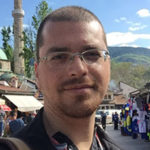 Rami Efal is the Executive Director of Zen Peacemakers International. Born in Israel and living in the US since 2002, Rami studied inter-cultural conflict transformation at the School of International Training in Vermont, and is an NVC facilitator at the New York Center of Nonviolent Communication. He has led hunger, art, hospice and Palestinian/Israeli peace projects, and spoken on peace-building on NPR, at the Warsaw Museum of Modern Art and at the United Nations Headquarters in NYC. Rami is also a published and exhibited visual artist. Read more from his trip to Greece on his blog Mensch in Training.
Rami Efal is the Executive Director of Zen Peacemakers International. Born in Israel and living in the US since 2002, Rami studied inter-cultural conflict transformation at the School of International Training in Vermont, and is an NVC facilitator at the New York Center of Nonviolent Communication. He has led hunger, art, hospice and Palestinian/Israeli peace projects, and spoken on peace-building on NPR, at the Warsaw Museum of Modern Art and at the United Nations Headquarters in NYC. Rami is also a published and exhibited visual artist. Read more from his trip to Greece on his blog Mensch in Training.

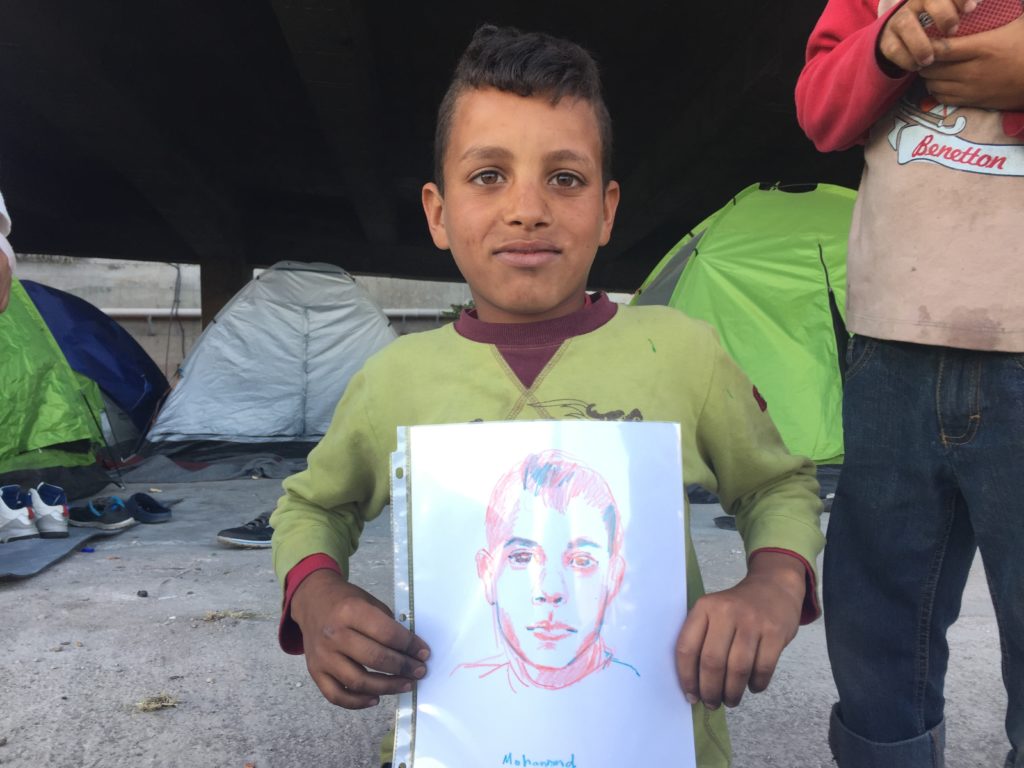

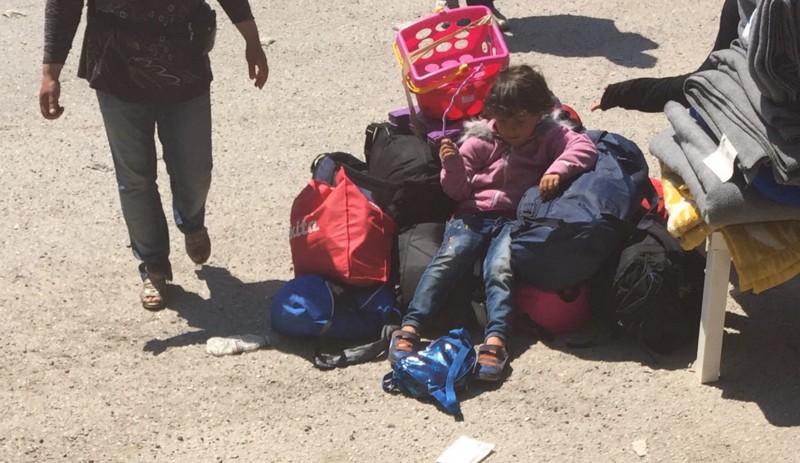


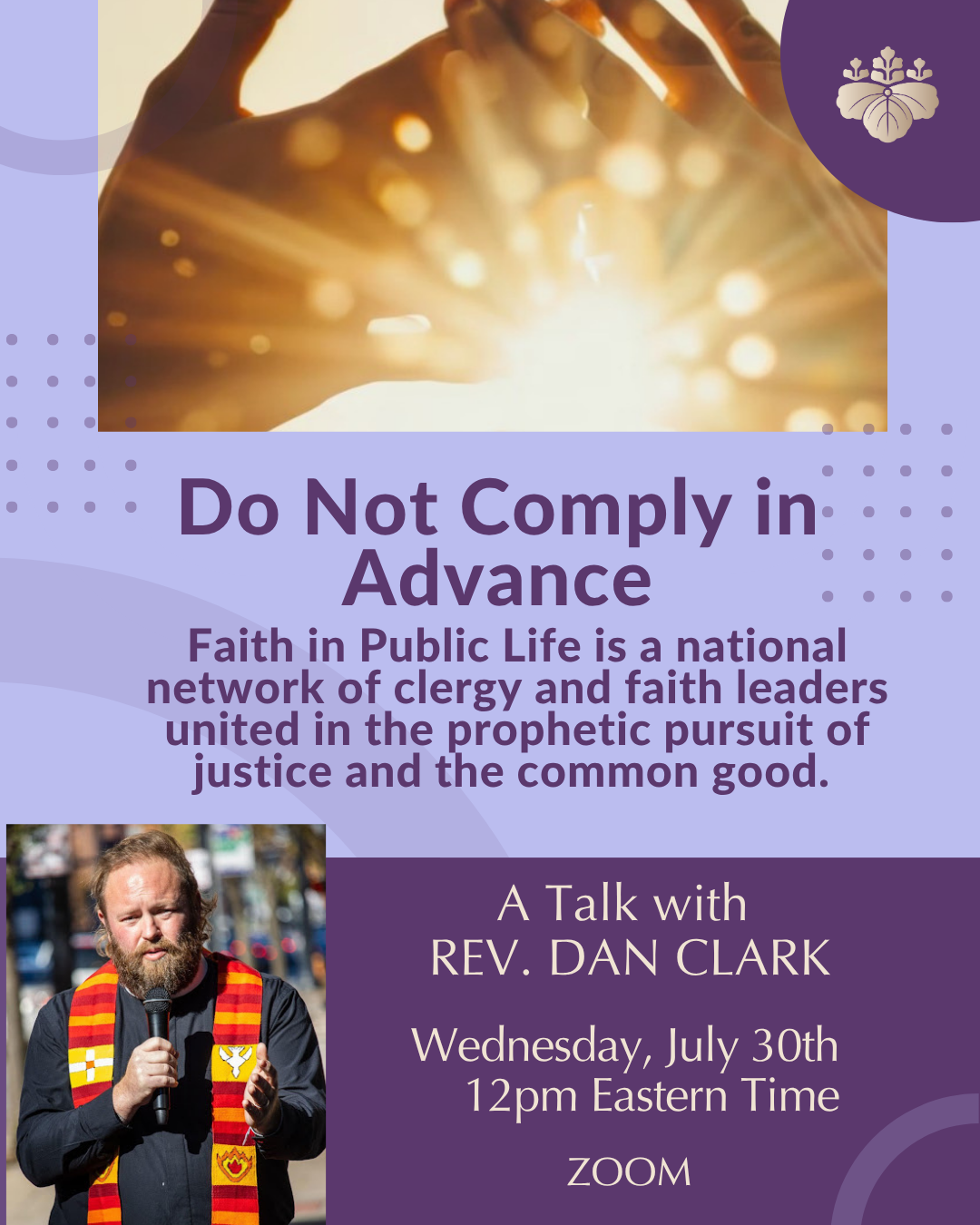
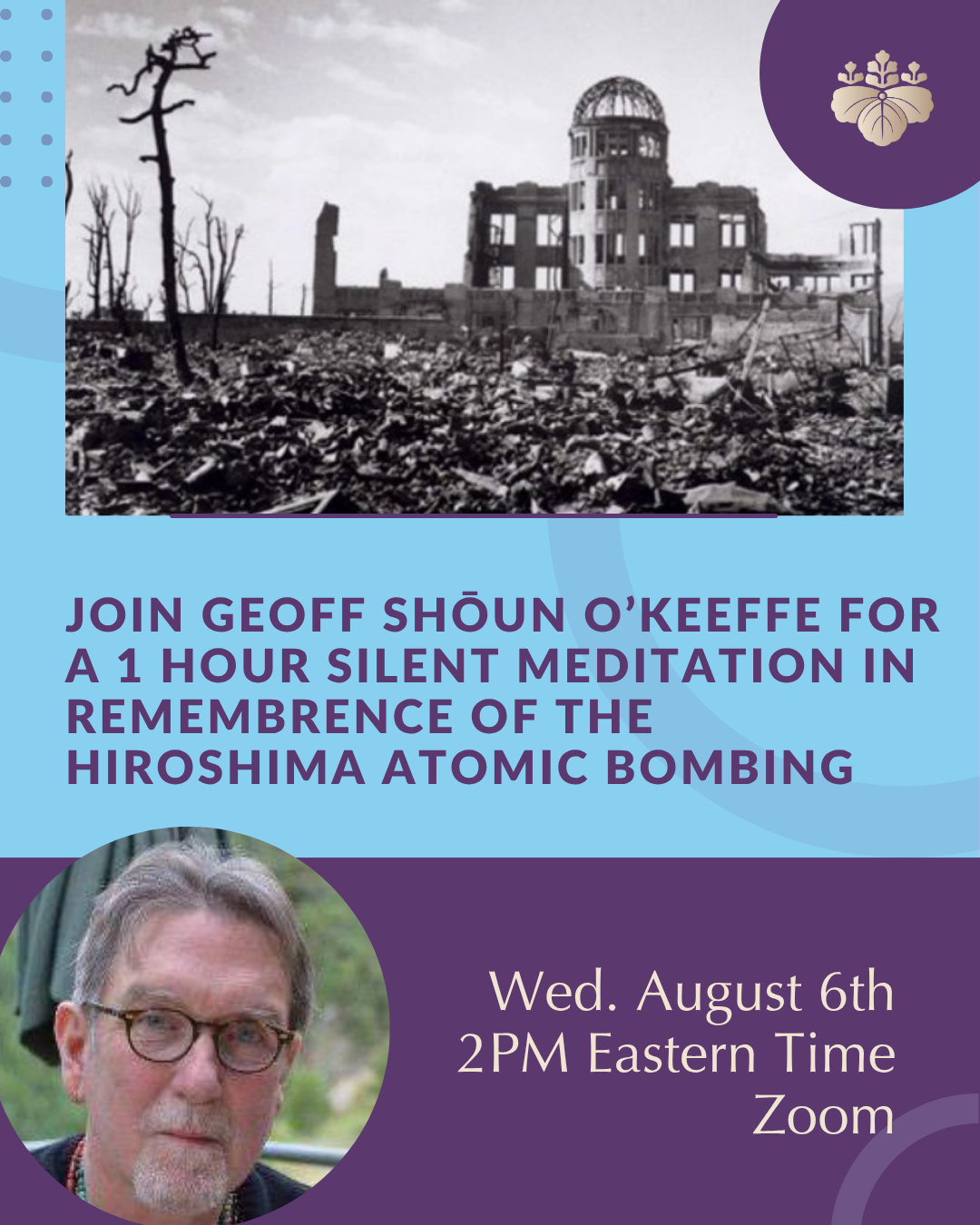
3 Responses
Beautiful Rami
Beautiful, Rami. Thank you! I especially liked the wisdom/learning in this part: “… While I draw a curious teenage cousin, Maher rolls a cigarette and offers me. He sends Samil away and a moment later he returns with a lighter. We light the cigarette and the cousin takes off to return the lighter. I take note. Amanda hands me over a brand new pencil. A gift. They offered me crackers, ‘Naniq’ in Kurdish and I answer ‘Mamnoon’, thank you. They insist I take a bottle of water. “We have more.”
Part of me, a self-righteous part, is dumbfounded, taking water and food from refugees? I recall that I am not here to help. I am not here to volunteer. I am here to invoke the mind of not-knowing, not knowing what helping is, not knowing what connection is, and to let each moment be an opportunity to experience curiosity and connection anew.
I take the water, I receive the pencil, I smoke the rolled cigarette. Mamnoon.
Bringing life gifts is a joy to see